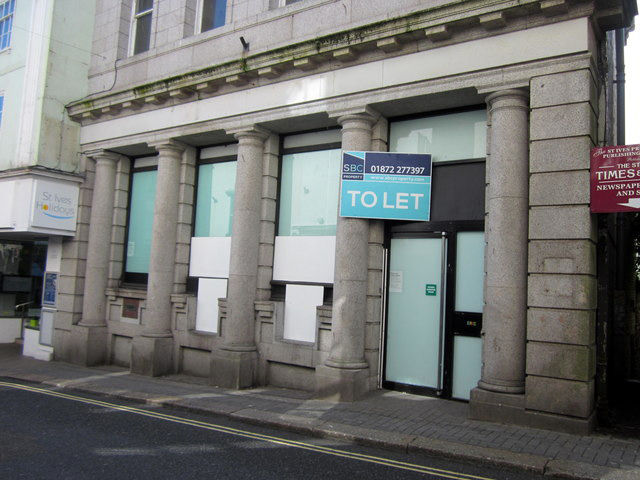Counting your pennies: How the cost-of-living crisis is driving people back to cash

Caitlin Hall
Copied

The Post Office has revealed that Brits are turning to cash as the cost of living rises, with personal cash withdrawals up 20% on last year. The rate of inflation also continues to rise, with prices up 9.4% compared to the previous year, largely due to escalating energy prices.
With a possible recession on the horizon, people are literally counting their pennies; withdrawing cash helps many of them budget better. With their money physically in front of them, people can visually gauge how much they’re spending. Any amount of money in cash will always seem much bigger and more tangible than a number on a screen and, whilst paying digitally is more convenient, it can lead to us spending significant sums without it even registering in our brains.
The contactless spending limit started at £20 in 2012. By 2021, it had significantly increased—you can now blow £100 with just a tap of your card. That same amount of money in cash might make some people think twice about unnecessary purchases. However, many would still opt for digital banking, even with a recession looming, preferring to have a record of their transactions and the ability to classify their spending into categories.
This rise of cash withdrawals is a reversal of the data from the past decade; debit card transactions surpassed cash payments in 2017 as the popularity of smartphones made digital banking much more commonplace. The Covid-19 pandemic was almost the final nail in the coffin for notes and coins; most businesses urged the use of contactless cards for a more hygienic transaction.
Due to the rising popularity of online banking, many brick-and-mortar bank branches disappeared from our high streets. There’s a potential plan to phase them out completely by 2025, which will force people to bank online. Older people, particularly those without much technical knowledge, are most reliant on banks; some become financially ‘cut off’ when a branch closes in their local community. If the tide is turning towards cash payments once again, however, will banks be more reluctant to shut down their last remaining branches?
The idea of a cashless society has multiple drawbacks: many Britons on the breadline rely on cash to keep them afloat, and similarly, a bank account requires a fixed address—homeless people are therefore unable to open a bank account and, as a result, can’t take on work as they can’t be paid without one, thus perpetuating a cycle of poverty.
Conspiracy theorists have been worried about the trackability of digital banking for some years. Any debit card or contactless transaction reveals the consumer’s location, which could be accessed by the government at any time. HMRC can issue a ‘Financial Institution Notice’ to banks and request anyone’s financial information without their consent. The fear is that, one day, the government could have complete control over someone’s buying decisions and be able to limit or restrict any purchase(s) it deems unnecessary. An example of this is that an overweight person could have their card declined if they tried to buy unhealthy, fatty or sugary foods.
As for my opinion…I don’t commit illegal activities, so it doesn’t really matter to me if my purchases are tracked; however, it is unnerving to know that my location and buying activity is constantly being documented. I’ve read enough dystopian literature to know that the advent of Big Brother seems harmless at first, but once it spirals, there’s nothing you can do to stop it.
The immediate economic recession might have brought about the return of cash but given the dystopian future that’s dangling precariously on the horizon, it might have more benefits than simply helping you count your pennies.



Want your article or story on our site? Contact us here



